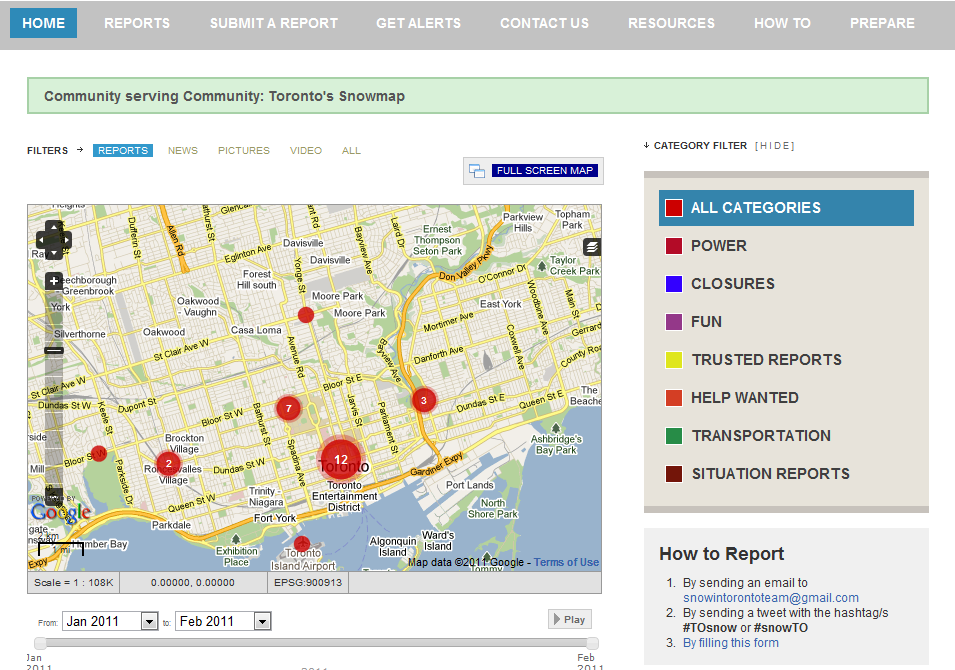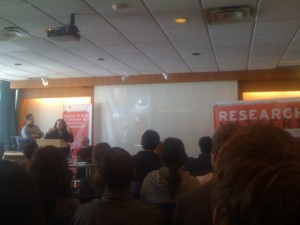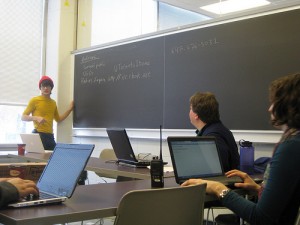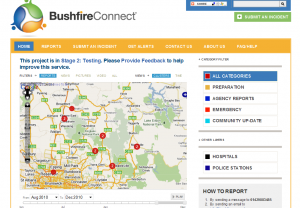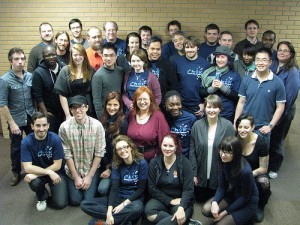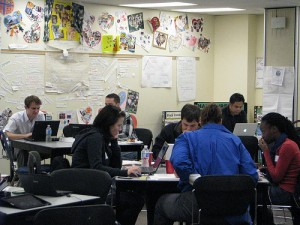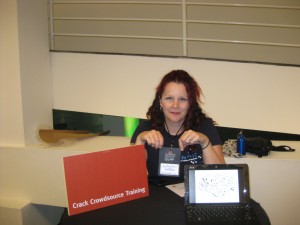At Random Hacks of Kindness 2.0 (December 2010), volunteers from CrisisCamp TO, RHoK Seattle, Humanity Road, Sahana and OpenStreetMap joined to work on a project called: Populations Centers in Disaster. Each of our groups continue to commit time and knowledge to complete this project.
Three days after the devastating quake struck Haiti, the towns of Jacmel and Leogane were still isolated — no communication or transportation — though we knew people were there: 128,000 in Leogane and 40,000 in Jacmel. A data query tool that identifies high concentrations of population may help volunteer technology communities with their communication efforts. A lack of communication inside a population zone points to a problem and the query tools being developed may help speed up and improve volunteer contributions to situational awareness.
@Redcrossmom @CNN I know you have lots of crew on the ground in PAP but very little news is coming from outside of PAP – Jacmel & Leogane need help. (Twitter, January 15, 2010).
Situational Awareness
At the onset of a disaster, time lost means lives lost. As virtual volunteers, Humanity Road’s first response step is to identify affected hospitals. In an event that impacts a large geographic area, we need to quickly triage the situation and determine which population centers are affected. Part of this decision process involves identifying areas of population concentrations. For this, we have been turning first to Wikipedia to identify and understand the local area. Using this approach to search for information is manual, time intensive and requires multiple keystrokes of the same type of information. Manual research of standard information means time lost and that equates to lives lost. We look for cities within range of the epicenter of the earthquake or event, populations of those cities, hospitals within the impacted area, GPS coordinates, and local government structures for towns, counties and districts. Sometimes the absence of news does not indicate the absence of need.
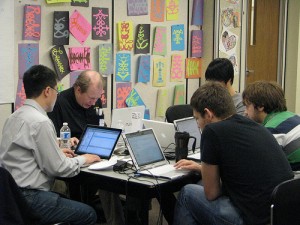
(RHoK Toronto, December 4, 2010. Photo by Cynthiagould.com)
The Project
We need a tool that would allow us to extract from Wikipedia into a Google Doc – the population centers for a defined area – such as City, District, Country. This would improve our volunteer response time. Humanity Road has previously worked with Sahana, Google, Gisli Olafsson and others to determine project needs.
The RHoK problem descriptions submitted included an outline for a query tool that would return the population centers within a boundary. The bonus tool would return results of hospitals in an impacted area, including contact information and GPS.
The RhoK Toronto team focused on the Hospital solution, while the Seattle team focused on the Population centers solution. The teams collected the data into Google fusion tables. By the end of the weekend, they had collected and stored a significant amount data that will help in future events.
The Next Steps
Data will reside within Sahana Eden, and be exported (Google Fusion Doc) for directed use by Humanity Road. Google Fusion Doc may have data limit parameters. The tool will help non-super users volunteering for Resource Management. Final product will reside on the Sahana database accompanied by the capability to extract specific hospital datasets.
The project needs presentation tools to help spontaneous volunteers work with the data. This includes criteria for data updates, to include the notes on impacts of infrastructure, operational impacts (damage, flood etc) of the hospitals query, developing the functional query for the populations center, and determining server space, and file formats for storing the data in open source format for all to access and use.
How you can Help:
1. Server space
2. DB specialist/developer to create query:finds objects (populations, host) within latitude and longitude radius. A query that finds “x” within radius of lat and long within the database
3. Support for a radius query to Sahana Eden
Our current project status:
1. Colin: talked with his Toronto – OSM folks about doing a OSM location hospital query
2. Heather/Cat/Pat: write a blog post and being outreach program
3. Terrance/Pat: will work on Sahana Eden component
4. Cat: will identify primary data fields
5. Colin/Pat/Terrance: share script
6. Pat: will start investigating the Final product- Sahana db, but with capability to have a hospital db can be pulled for a specifics.
7. Willow: Seattle team is on stand-by for the next steps.
We welcome any help you can provide. Contact: Heather (heather at textontechs dot com) or Cat (PeacefulIntent at humanityroad dot org)
Post by Cat Graham (Humanity Road) and Heather Leson (CrisisCampTO/RHoK TO)
